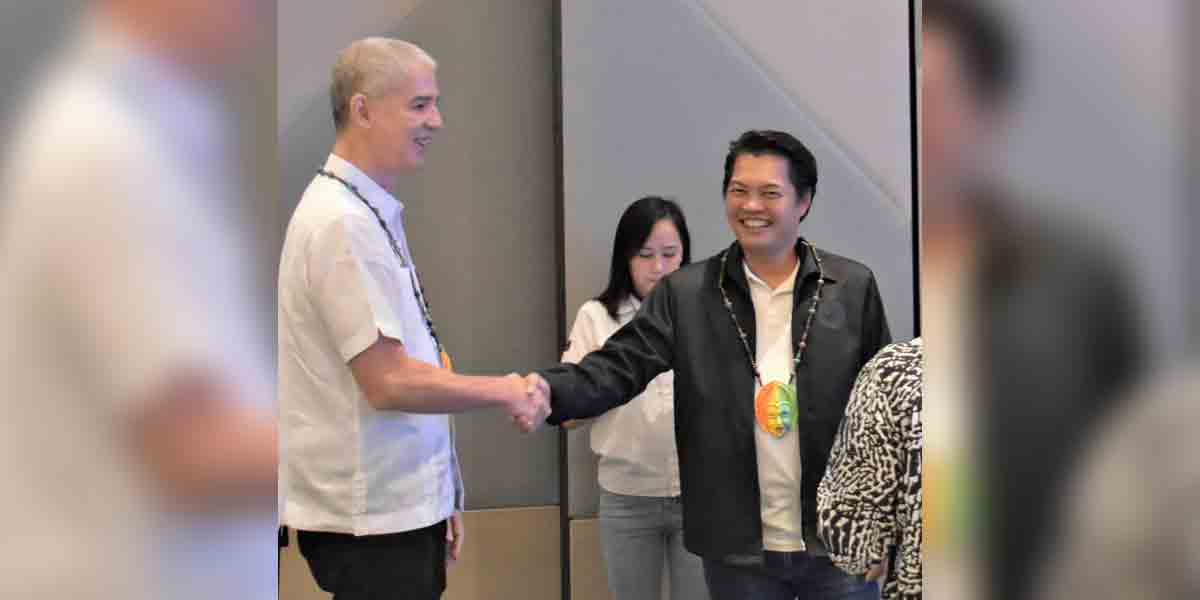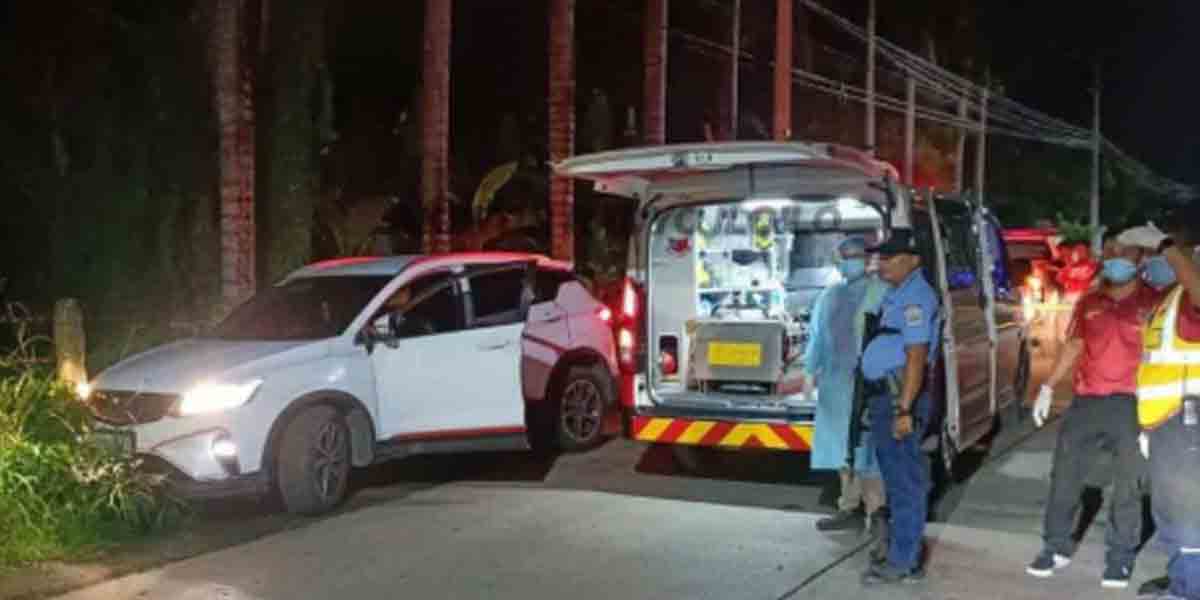 By: Manuel “Boy” Mejorada
By: Manuel “Boy” Mejorada
THE magnitude of the corruption that has been uncovered at the Bureau of Corrections (BuCor) is almost unfathomable.
With the façade of the New Bilibid Prisons as a backdrop, we saw how a law that is supposed to decongest our prisons system was abused by officials of the agency, of course, at a great profit for them.
It took news about the impending release of former Calauan, Laguna mayor Antonio Sanchez to trigger a cataclysmic public uproar that President Rodrigo Duterte had to face a nationwide TV audience to put out the fire, to borrow his own words.
It was only then that the nation found out that more than 1,700 convicts have already been set free under the Good Conduct Time Allowance law. Most of these convicts had committed heinous crimes that should have made them ineligible to avail of the reduced sentences granted under this law.
When the scandal broke out, I immediately knew that the early liberty won by these convicts involved hefty bribes. The Bureau of Corrections which runs the New Bilibid Prisons and other penal colonies in the country has long been known for corruption. My instincts sharpened by four decades as a journalist quickly spotted another giant wave of corruption that swept through the agency.
The focus was on the case of Sanchez, but it didn’t take long for the agency’s bureaucracy to be swamped by the scandal in the ensuing Senate probe that came afterward. Nicanor Faeldon, the BuCor’s chief at the time, insisted that he didn’t commit anything wrong. But the testimonies that were heard in the Senate probe told an entirely different story. Faeldon had approved the releases, including that of Sanchez. He was only forced to revoke the Sanchez release order after he got a call from President Duterte.
Faeldon couldn’t feign ignorance of what had been going on in his backyard. The ineligible convicts paid handsome bribes to obtain their freedom. And this corruption network involved several officials of the agency, the legal division head and records division head among them. But no matter what these underlings did, the release orders still had to be approved by Faeldon. As the saying goes, the buck stopped with him. Responsibility fell on his shoulders.
If Faeldon claims he was innocent, then he was stupid. As a Marine officer, simple common sense should have triggered alarm bells in his mind when stacks of release orders came to his desk for his signature. Either way, he deserved the axe. Gross negligence is an offense that is ranked on the same plane as receiving bribes to grant a privilege that the convicts weren’t entitled to in the first place.
Having said that, the GCTA scandal should bring about drastic changes and reforms in the BuCor. The present penal system in which the BuCor occupies center stage is riddled with loopholes and structural defects. Congress must re-examine its organizational set-up and policies to plug the leaks.
It’s been a while now since Bilibid was exposed as the nerve center for the illegal drugs trade in the country. Perhaps as much as 90% of the shabu distribution networks are run by drug lords from inside the Bilibid. President Duterte has tried a number of schemes to curtail their operations such as the deployment of the Special Action Force to take over the custodial guard duties in the maximum-security prison.
Still, such measures don’t seem to have caused a dent in the illegal activities of the drug lords. Mobile phones are all they need to continue their illicit business, and efforts to keep them out of the Bilibid have apparently failed.
There are no easy solutions to the problem. The corruption has been there for many years now. It didn’t just start during the Aquino administration. But clearly, the time to reform the system is now. A weak penal system will make a joke of our justice system.
Having said that, this scandal should also instruct us that there is something terribly wrong with Philippine society. Over the years, corruption has permeated almost every layer of government. Our attention has been focused on national government agencies. The corruption in local government units (LGUs) isn’t far behind in magnitude.
Indeed, what happened at the BuCor is a symptom of a larger disease that plagues the country. This makes the load on the shoulders of President Duterte a lot heavier. Can he solve it? My own sense is that yes, he can, provided he runs the government the way Lee Kuan Yew did in Singapore. There is no other way.




















